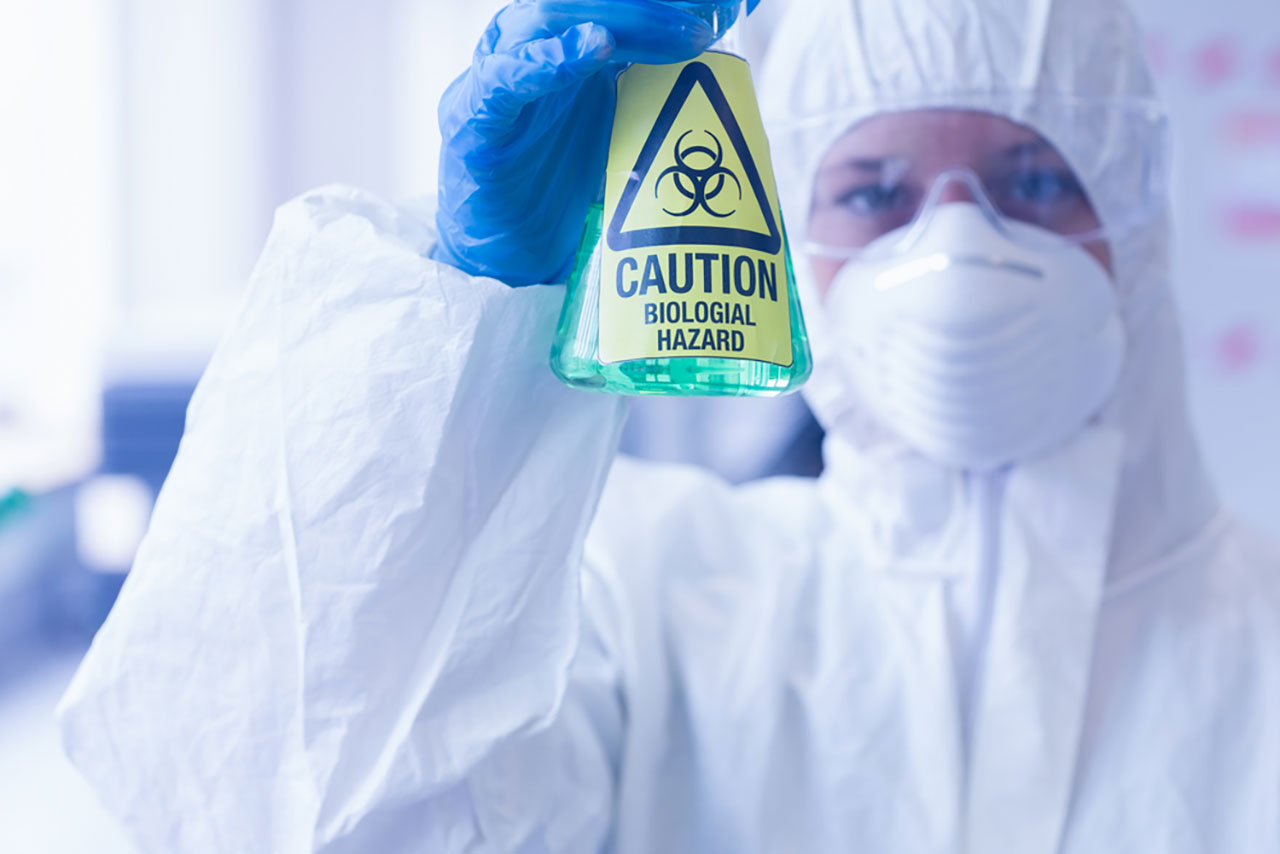

If your business involves the handling of toxic chemicals, it is the role of the employer to make sure all staff knows the proper protocol in order to prevent injury and/or illness. In the event of a chemical spill, take a look at the following procedures to minimize damage and loss of productivity.
A spill is considered minor when it is contained to a small area, did not result in and does not present the risk of a fire or explosion, and did not result in personnel requiring medical attention. This is what should be done:
A major spill is obviously more serious than a minor one; it is characterized by resulting in personnel needing medical attention, results in a fire or explosion or presents the risk for fire or explosion, is not contained, or is deemed as such by the Emergency Coordinator. This is what should be done:
The specific response to a spill will vary depending on its type, size, location, and a number of other factors. Remember, the number one priority in the event of a spill is to protect personnel; confining the contamination is second (if you are trained and authorized to do so).
Courtesy of the Tufts University.
Safety Meeting Outlines provides employers in the construction and manufacturing industries with educational tools to keep the workplace safe. Visit our website to learn more about our products or to order online.
Accident Training Chemical